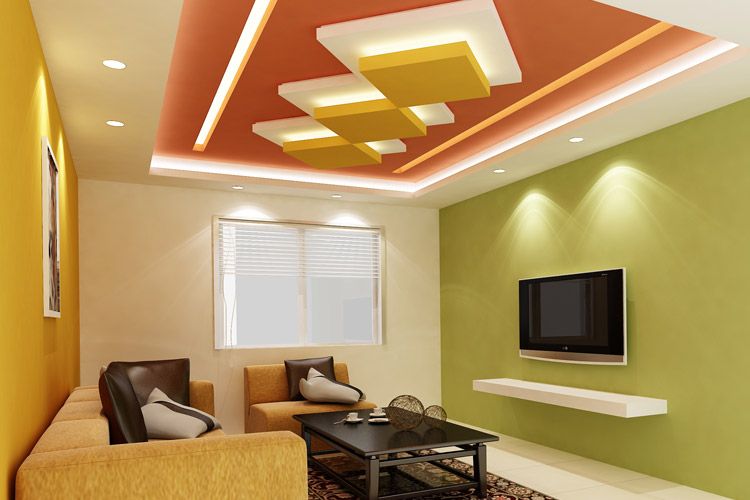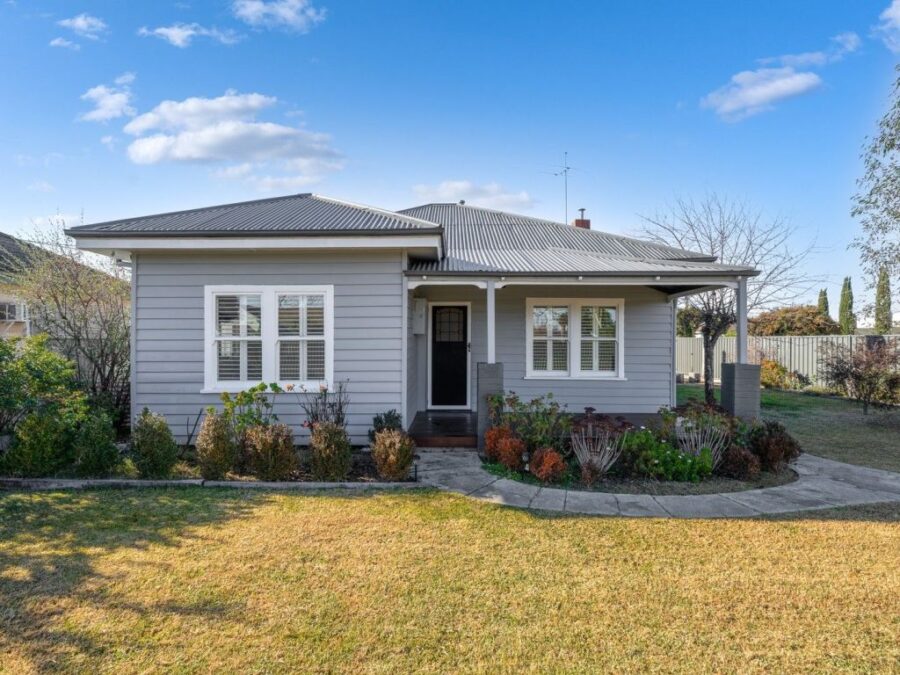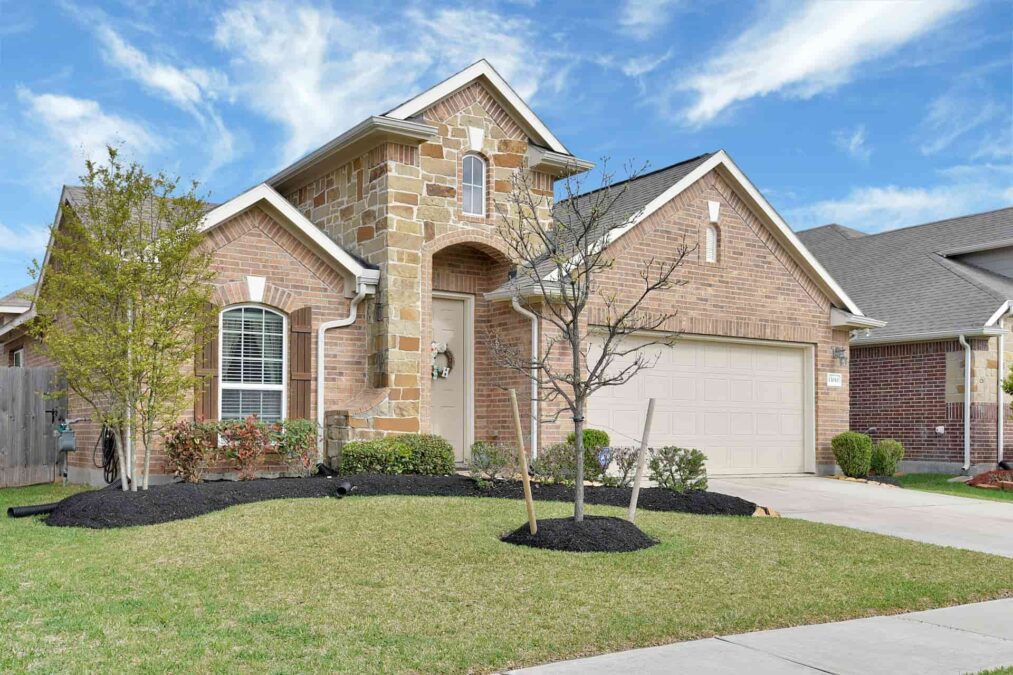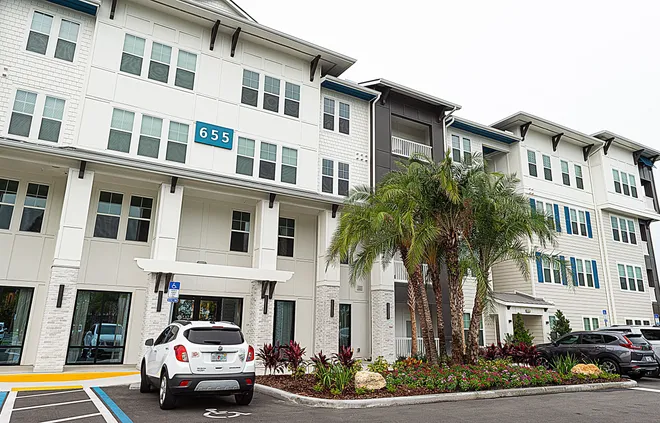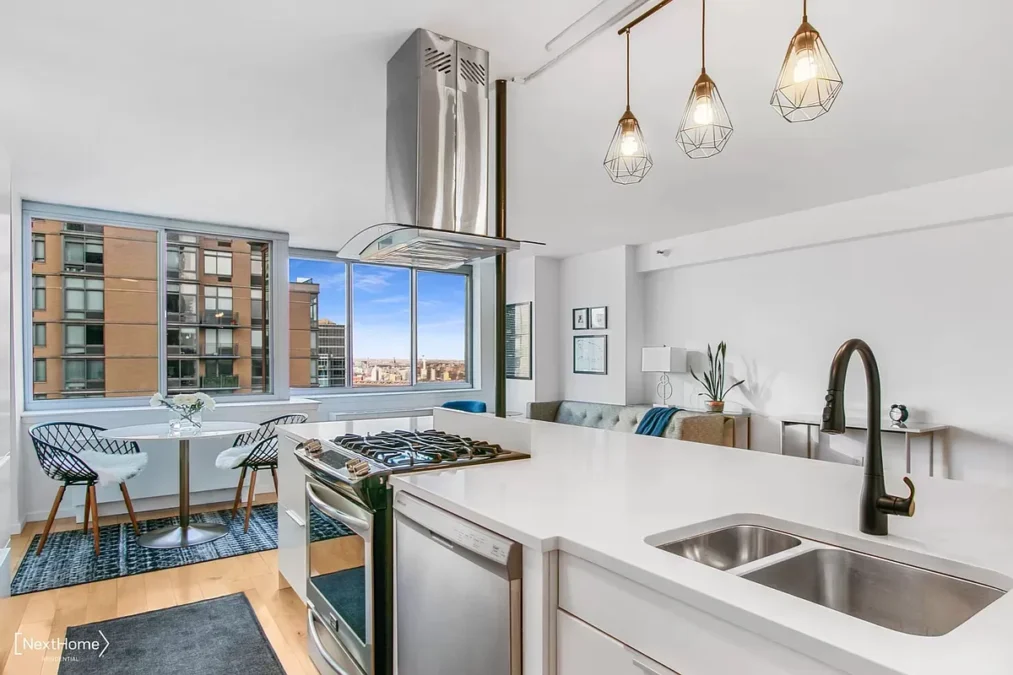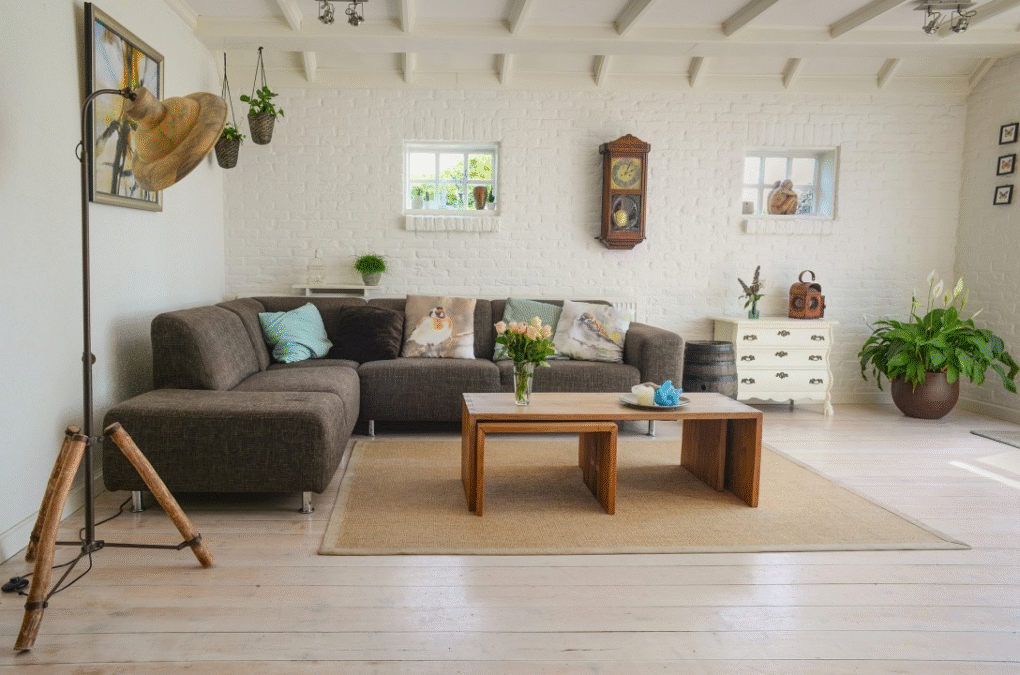In today’s world of interiors and visual art, vibrant color is making a bold comeback — and pop colour design painting is leading the way. Whether you are revamping your living room, designing a creative workspace, or curating an art collection, pop color designs can inject life, energy, and personality into any environment. Combining bold hues, playful contrasts, and imaginative compositions, this style is both contemporary and timeless. In this comprehensive guide, we’ll explore everything you need to know about pop colour design painting, from its origins and techniques to practical tips for using it effectively in your home or projects.
What Is Pop Colour Design Painting?

Understanding the Concept
Pop colour design painting is an artistic style characterized by the use of vivid, contrasting colors to create striking, energetic visuals. This style often emphasizes:
- Bold color palettes like hot pink, electric blue, and neon yellow.
- Simplified shapes and strong outlines.
- Playful and modern themes often inspired by pop art and contemporary culture.
It merges art, design, and decoration, offering a visually powerful way to make a statement in any space.
History and Evolution of Pop Colour Painting
From Pop Art to Modern Design
Pop colour design painting draws heavily from the Pop Art movement of the 1950s and 1960s, pioneered by artists like Andy Warhol, Roy Lichtenstein, and Keith Haring. Pop Art used vibrant colors and everyday themes, challenging traditional notions of art. Over time, these principles evolved into broader design applications, influencing:
- Interior design trends
- Graphic design
- Street art
- Fashion
Today, pop color painting extends beyond canvas to walls, furniture, and even architecture.
Techniques Used in Pop Colour Design Painting

Creating Vibrancy and Visual Impact
Some popular techniques include:
1. High-Contrast Color Blocking
Using large areas of contrasting colors side-by-side to create energy and focus.
2. Simplified Forms
Focusing on minimalistic shapes rather than complex details to let color lead the narrative.
3. Bold Outlines
Defining areas with strong black or contrasting lines, enhancing the graphic effect.
4. Layering and Texturing
Applying multiple layers of vivid colors and textures for depth and dynamism.
5. Mixed Media
Combining paint with materials like collage, metallics, or neon elements for extra flair.
Popular Color Combinations in Pop Colour Design

Choosing the Right Palette
Some timeless pop color pairings include:
- Pink and Orange: For a playful, summery vibe.
- Turquoise and Yellow: Evokes freshness and energy.
- Red and Aqua: Perfect for bold retro designs.
- Purple and Lime Green: A daring, youthful statement.
- Black and Neon Accents: Modern and edgy.
Choosing the right combinations can dramatically impact the mood and effectiveness of your painting or design.
Applications of Pop Colour Design Painting

Where and How It’s Used
1. Home Interiors
- Accent walls with bold geometric patterns.
- Vibrant, customized furniture.
- Statement artworks above sofas or beds.
2. Commercial Spaces
- Eye-catching murals in cafes, offices, and retail stores.
- Energetic branding designs for startups and creative agencies.
3. Public Art and Murals
- Large-scale city murals using pop color schemes to transform dull spaces.
4. Fashion and Product Design
- Influence seen in colorful sneakers, handbags, and packaging design.
Tips for Incorporating Pop Colour Design into Your Space

Practical Ideas for Beginners
Start Small:
Introduce pop color accents through cushions, artwork, or small furniture before committing to larger projects.
Balance with Neutrals:
Pair bold colors with neutral backgrounds (white, beige, grey) to avoid overwhelming the space.
Choose a Focal Point:
Highlight a single wall, piece of furniture, or large canvas to draw attention without cluttering the room.
Consider Lighting:
Natural and artificial lighting dramatically affects how colors appear, so plan your lighting carefully.
Personalize Your Palette:
Choose colors that resonate personally to ensure the space feels authentic and inspiring.
Famous Artists and Designers Who Popularized Pop Colour
Inspiration From Legends
Andy Warhol
His bright, repetitive imagery and screen printing methods revolutionized modern art.
Roy Lichtenstein
Famous for his comic strip-style paintings with primary colors and bold lines.
Keith Haring
Brought vibrant street art to galleries with neon-like colors and simplified figures.
Takashi Murakami
Contemporary Japanese artist blending traditional techniques with pop color aesthetics.
Studying these artists can provide valuable inspiration for your own pop colour projects.
Frequently Asked Questions About Pop Colour Design Painting
What Is the Difference Between Pop Art and Pop Colour Design?
Pop Art is a movement with cultural commentary, while pop colour design focuses more on vibrant aesthetics in art and design contexts.
Can I Use Pop Colour Design in a Minimalist Space?
Yes! Adding a single pop color element like a painting or a bold chair can enhance a minimalist space without overwhelming it.
Are There Specific Paint Types Best for Pop Colour Design?
Acrylics are commonly used due to their vibrancy and quick drying times, but spray paints and oils can also achieve stunning results.
Is Pop Colour Design Painting Suitable for Kids’ Rooms?
Absolutely! Bright, happy colors stimulate creativity and make kids’ spaces more playful and fun.
How Do I Choose the Right Pop Colours for My Home?
Start by considering the room’s function and mood you want to create. Energetic spaces benefit from warm tones, while cooler tones suit relaxation areas.
Conclusion
Incorporating pop colour design painting into your space or artwork is a surefire way to inject personality, energy, and style. Whether you’re aiming to create a bold statement wall, energize a commercial setting, or simply explore new artistic avenues, the possibilities with pop colour design are endless. Remember, the key lies in balance: embracing boldness without overwhelming the senses.
Ready to add a splash of vibrant creativity to your world?
Explore more about color psychology, DIY design tips, and inspiring artist showcases right here on our blog!


